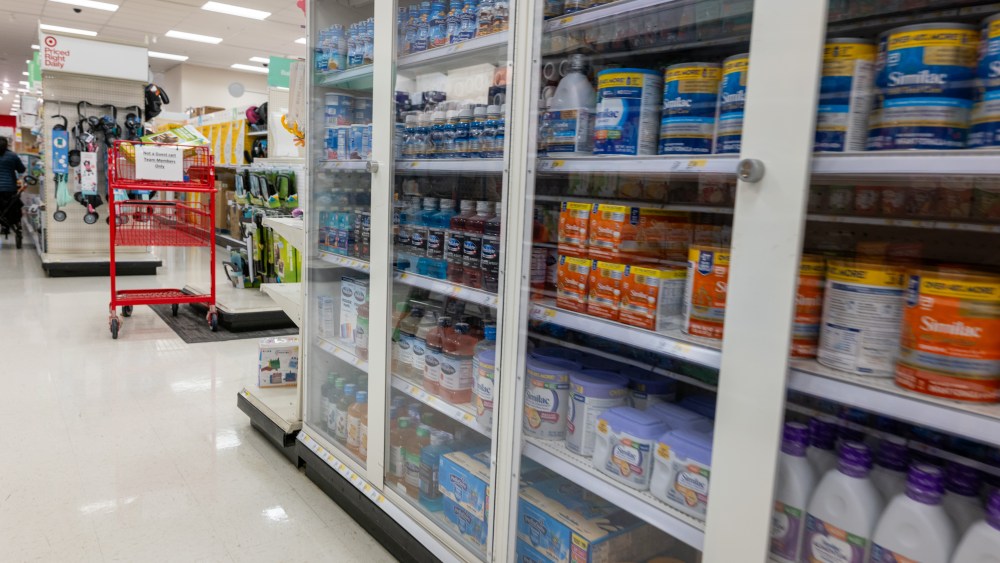An organized retail theft ring that allegedly was international in scope and resulted in more than $2 million in retail goods being stolen has been broken up by investigators in New York.
New York Governor Kathy Hochul and Queens district attorney Melina Katz announced the indictment Tuesday. The two-year operation allegedly involved stolen apparel from Psycho Bunny, and designer handbags and accessories from Prada, Fendi and Louis Vuitton, as well as an array of cosmetics and beauty products from Nars, Ferragamo and Sol de Janeiro among other brands. Organized crews were allegedly running the ring in New York City, Maryland and the Dominican Republic.
Following an investigation that involved undercover police officers and members of Hochul’s newly formed retail theft force, the case is the first to involve charges that are being enforced under the recently enacted law that criminalizes the fostering of stolen goods. That legislation is part of the governor’s five-point plan to combat organized retail theft, an issue that has plagued stores big and small for decades, and continues to be an issue of concern as Black Friday nears and the key fourth-quarter selling season gets into full swing.
Allegedly operating under the name Yvelisse Fashion LLC, the defendants, whose identities were not immediately known Tuesday, allegedly sold stolen merchandise including makeup, perfume, beauty products, designer clothing and accessories, locally and abroad over a two-year period. Retail theft crews were said to have been instructed to steal specific merchandise from stores along the East Coast. They also were said to have stolen goods directly from manufacturers’ warehouses. The defendants’ allegedly received up to $50,000 worth of stolen goods each week and they allegedly paid the theft crews between 10 and 15 percent of the retail value. The stolen goods were then catalogued, and sold in New York through online advertisements and via a brick-and-mortar boutique called Yvelisse Fashion in Santiago, Dominican Republic.
The operation allegedly also involved paying truck drivers to divert products bound for retailers such as Sephora and Ulta Beauty from the manufacturers’ warehouses to locations that were under the defendants’ control. Among the charges brought against the defendants is fostering the sale of stolen goods, which marks the first time this newly adopted crime has been charged in New York.
Representatives from Hochul’s office and Katz’s office had not responded to media requests Tuesday afternoon.
The annual value of all retail theft — not solely organized retail theft — is $69 billion, according to the Retail Industry Leaders’ Association. In the past few years, major chains like Walmart, Target and CVS Health have flagged the problem as cause for store closures. For example last fall, Target said it was closing nine stores — including doors in Portland, Ore., San Francisco, Seattle and New York City — saying, “We cannot continue operating these stores because theft and organized retail crime are threatening the safety of our team and guests, and contributing to unsustainable business performance.”
Earlier this month, two East Coast residents, Jadion Richards and Akwele Nickeisha Lawes-Richards, were arrested and charged in Minnesota for being part of a multistate retail theft operation that led to a $1 million loss to Lululemon. That operation allegedly involved stealing leggings and other merchandise from one store and returning it to another for fraudulent refunds. The pair are due back in court on Dec. 16.
In a statement, Hochul said, “Keeping New Yorkers safe is my number one priority, and as we enter the holiday shopping season, we will continue focusing our efforts to ensure people feel safe walking into stores and business owners can focus on serving their customers instead of locking up everyday items like toothpaste and deodorant.”

